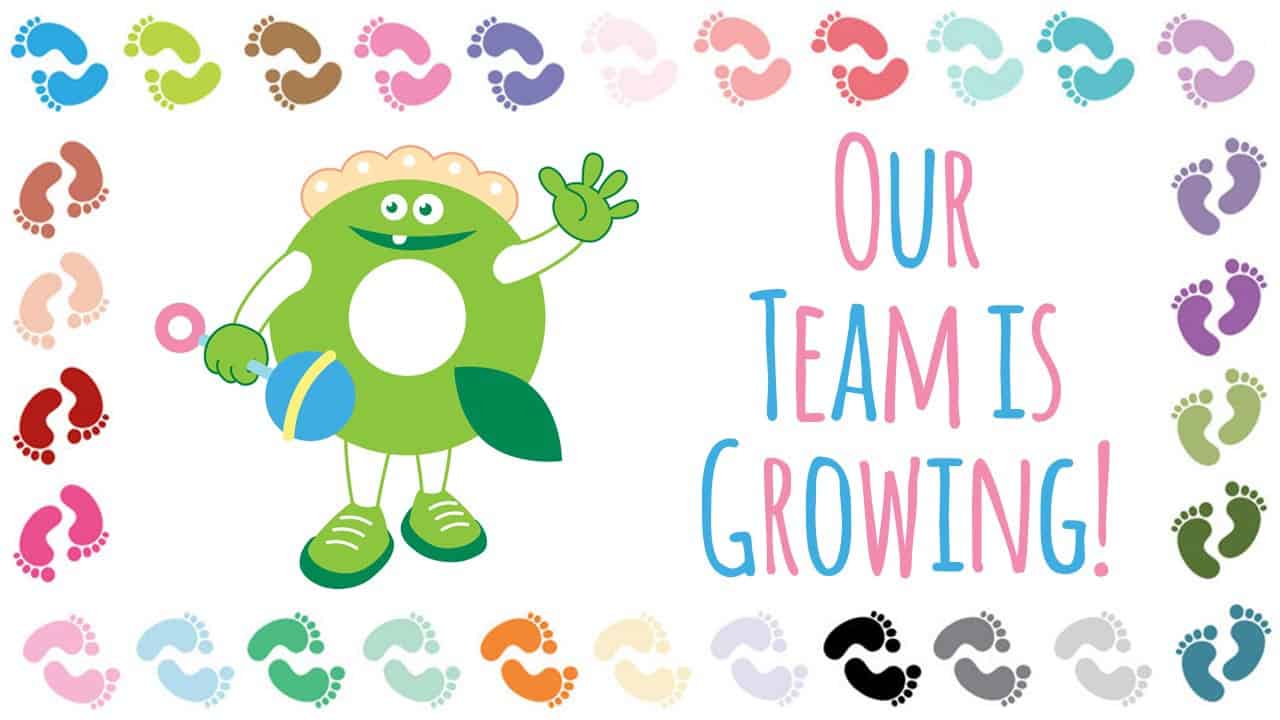April is Autism Awareness Month and the team at Store #144 in South Bound Brook decided to show some initiative and take a day to help make others aware. Store #144 Team Member Vanessa Rakowski has two sons who were both diagnosed with autism. On April 2nd, which is World Autism Awareness Day, the entire team decided to share their love and support for their fellow Team Member by wearing Autism Awareness T-Shirts.
In honor of National Autism Awareness Month, here are some facts that you may or may not know about autism that may help you understand this disorder a little better. The below statistics are from 2018.
- The CDC has determined that approximately 1 in 59 children are diagnosed with an autism spectrum disorder (ASD) each year.
- Boys are four times more likely to be diagnosed with autism than girls.
- Most children are still being diagnosed after age 4 though autism can be reliably diagnosed as early as age 2.
- 31% of children with ASD have an intellectual disability, 25% are borderline, and 44% have average to above averages IQ scores.
- There is no medical detection for autism.
- Children born to older parents are at a higher risk for having autism.
- Parents who have a child with ASD have a 2%-18% chance of having a second child who is also affected.
- 1/3 of people with autism are nonverbal.
- Nearly 2/3 of children with autism between the ages of 6 and 15 have been bullied.
- Drowning remains a leading cause of death for children with autism and accounts for 90% of deaths associated with wandering or bolting by those ages 14 and younger.
- Attention Deficient Hyperactivity Disorder (ADHD) affects an estimated 30%-61% of children with autism.
- More than half of children with autism have one or more chronic sleep problems.
- Depression affects an estimated 7% of children and 26% of adults with autism.
- As many as 1/3 of people with autism have epilepsy.
- Anxiety disorders affect an estimated 11% to 40% of children and teens on the autism spectrum.
- On average, autism costs an estimated $60,000 a year through childhood.
- Many young adults with autism do not receive healthcare for years after they stop seeing a pediatrician.
- More than half of young adults with autism remain unemployed and un-enrolled in higher education in the two years after high school. This is a lower rate than that of young adults in other disability categories.
- Nearly half of 25-year-olds with autism have never held a paying job.
- Research shows that job activities that encourage independence reduce autism symptoms and increase daily living skills.
- Over the last two decades, extensive research has asked whether there is any link between childhood vaccinations and autism. The results of this research show that vaccines DO NOT cause autism.
Way to Go to the team of store #144 for not only helping bring attention to this disorder but for demonstrating how much QuickChek cares!



















